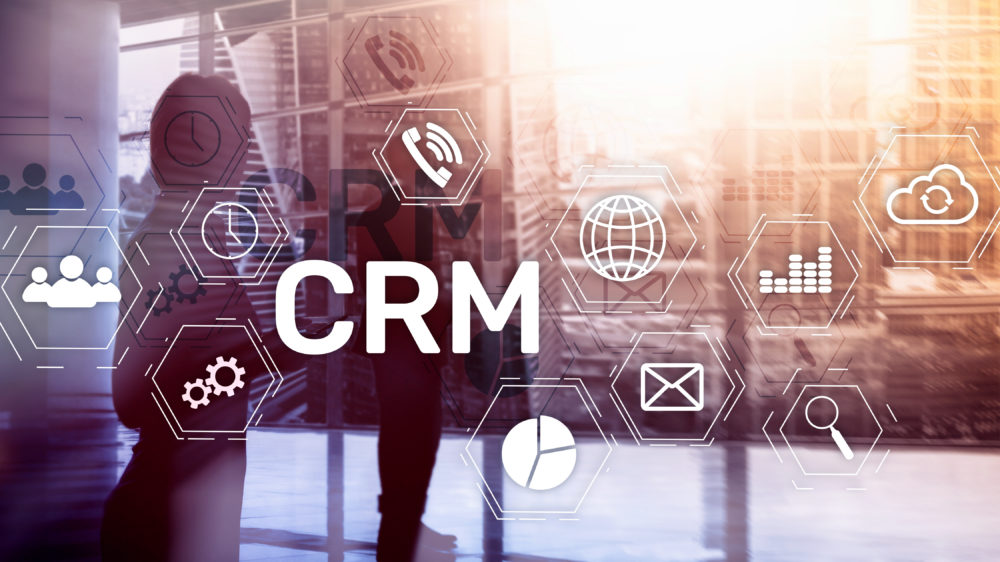Yesterday the government announced a raft of new local lockdown restrictions in Liverpool. These follow on from local lockdowns across the north of the country, and likely precede harsher measures in the next week or so to be imposed on London.
It is clear that the government remains committed to keeping the “R” rate low, and prioritising protecting the NHS’ capacity over any resultant economic harms. That’s its trade off to make – but if it is a trade-off it insists on making, then small businesses need the government’s support more than ever.
These hyper-localised lockdowns have a huge impact on the small business community. For a large number of SMEs, their suppliers and customers are geographically proximate to their base of operations. This means that the viability of their business is tied to the health of the local economy, and, critically, to individuals and businesses producing and buying goods and services.
>See also: HSBC will not accept any more Bounce Back Loan applications
Think about a medium-sized grocer that supplies a number of large corporates in Liverpool. With profits already damaged by the downturn in orders from cruise lines and shipping companies, they are having to extend their payment terms to farmers in Cheshire, Yorkshire and the Peak District. This is then exacerbated by a local lockdown shutting pubs, restaurants and hotels. Those businesses that remain open will then also have limited financial resources themselves, so, naturally, begin to extend their payment terms.
Those farmers in turn, who are now struggling without a reliable source of cash income, cannot pay suppliers and staff. A local lockdown is not just a response to a contagious disease, but it also creates an economic impact that spreads like a virus, with late payments, and ultimately non-payment, spreading from one firm to the other, decimating a local economy, and leading ultimately to bankruptcies and job losses.
‘Late payments almost doubled following the March lockdown’
Previse’s data showed late payments following the March lockdown reached almost double what they were in the same period in 2019. Pre-COVID, over 50,000 businesses went bust each year waiting on slow payments. The damage caused by coronavirus hasn’t yet been calculated in these terms, but it’s clear it will be far worse.
Taking these two statistics together, it’s clear the situation needs urgent redress.
For many businesses, after an already difficult time through the first lockdown, local lockdowns will be disastrous. Saving businesses that are impacted by local lockdowns is difficult. It is also important to recognise that ensuring they receive faster payments will be a small part of a much broader package of measures required. But, for a large number of those businesses, it could be slow payments which finishes them off for good.
>See also: Wait until next year before any business interruption insurance payouts
Therefore, dealing with this crisis in slow payments is a vital way for the government – and for the large corporate buyers themselves – to support the communities most impacted by coronavirus. The technology exists to be able to do so. Machine learning makes it possible for invoices to be approved automatically and instantly, saving weeks or months, at a time where even days really do matter.
Isolating the few problematic invoices and allowing the rest to be paid instantly is perhaps the biggest hope for those wanting to solve the slow payments crisis.
Liverpool is going to be a critical test case for the response of the business community, and of the government. If measures are not put in place to keep money flowing to suppliers here, then there is very little hope that the same will be done for London, or for anywhere else for that matter.
SMEs need support, and they need it now. Every small business deserves the right to day-one payment. Every corporate can provide it easily. Machine learning makes it possible.
Paul Christensen is CEO of payments solution Previse
Further reading
Businesses could be facing fines for paying their suppliers late







